Research & Media Coverage
There's unprecedented interest in high-impact tutoring as an effective intervention in K-12 schools.
Research: High-Impact Tutoring
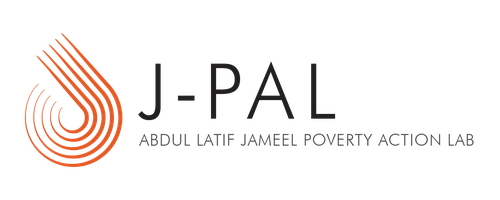
“Increased achievement by three to 15 months across grade levels”
This publication summarizes a forthcoming academic review paper on tutoring, “PreK-12 Tutoring Programs and Student Learning Outcomes: A Systematic Review and Meta-Analysis of the Experimental Evidence,” by Andre Joshua Nickow (Northwestern University), Philip Oreopoulos (University of Toronto), and Vincent Quan (J-PAL North America, MIT).

More effective than other interventions: class-size reduction, teacher PD, “no excuse charters”, and more
In this thought experiment, we explore how to make access to individualized instruction and academic mentoring more equitable by taking tutoring to scale as a permanent feature of the U.S. public education system. We first synthesize the tutoring and mentoring literature and characterize the landscape of existing tutoring programs. We then outline a blueprint for integrating federally funded and locally delivered tutoring into the school day. A Blueprint for Scaling Tutoring and Mentoring Across Public Schools, Kraft, M. A., & Falken, G. T. (2021).
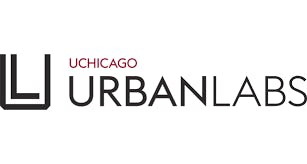
“Tutoring can double or triple the amount of math high school students learn each year, increase student grades, and reduce math and non-math course failures.”
The Education Lab conducted a study that demonstrates individualized, intensive (or “high-dosage”) tutoring can double or triple the amount of math high school students learn each year, increase student grades, and reduce math and non-math course failures. The findings, which are the result of an intervention developed by the non-profit organization Saga Education, come as school districts across America grapple with the pandemic’s academic fallout, including significant learning loss among students and the acceleration of pre-existing educational disparities. New Research Shows High Dosage Tutoring is Highly Effective.
News: High-Impact Tutoring

The Dangers of 'Long COVID Learning Loss' And How To Fix It | Opinion
By Monica Bhatt, Jens Ludwig and Jean Grossman, University of Chicago Education Lab. The challenge the country needs to solve is not pedagogical but rather economic. How do we take the power of Oxford-style tutoring and scale it at a price point U.S. public schools can afford?
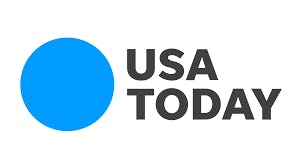
US students lost decades of progress in math, reading. Could this strategy be the solution?
By Alia Wong. Intensive, small-group tutoring is one of the most sound strategies for catching kids up but few schools are doing it at the scale or quality needed for it to do its job.

Could Tutoring Be the Best Tool for Fighting Learning Loss?
By Anna Nordberg. In-school tutoring is not a silver bullet. But it may help students and schools reduce some pandemic-related slides in achievement.
Research: Virtual Tutoring
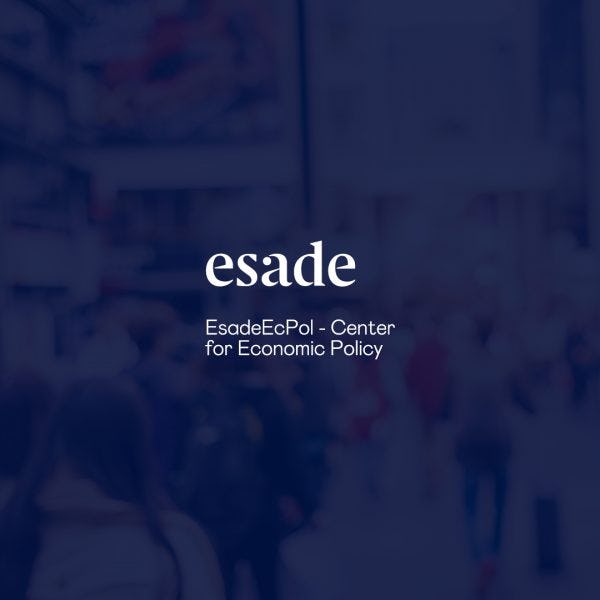
"Significantly increased standardized test scores (+0.26 SD) and end-of-year math grades (+0.48 SD), while reducing the probability of repeating the school year”
The intervention significantly increased standardized test scores (+0.26 SD) and end-of-year math grades (+0.48 SD), while reducing the probability of repeating the school year. The intervention also raised aspirations, as well as self-reported effort at school. Gortazar, Lucas, Claudia Hupkau, and Toni Roldan (2022). Online tutoring works: Experimental evidence from a program with vulnerable children.
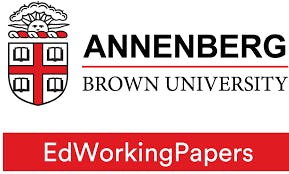
“Substantially increased students’ academic performance (by 0.26 SD on average)”
Using original survey data collected from students, parents, teachers and tutors, we find that the program substantially increased students’ academic performance (by 0.26 SD on average) and that it significantly improved their socio-emotional skills, aspirations, and psychological well-being. Effects are stronger for children from lower socioeconomic status and, in the case of psychological well-being, for immigrant children. Carlana, Michela and Eliana La Ferrara (2021). Apart but Connected: Online Tutoring and Student Outcomes during the COVID-19 Pandemic.